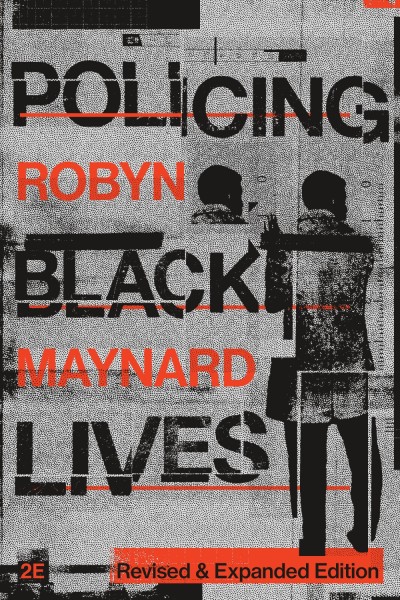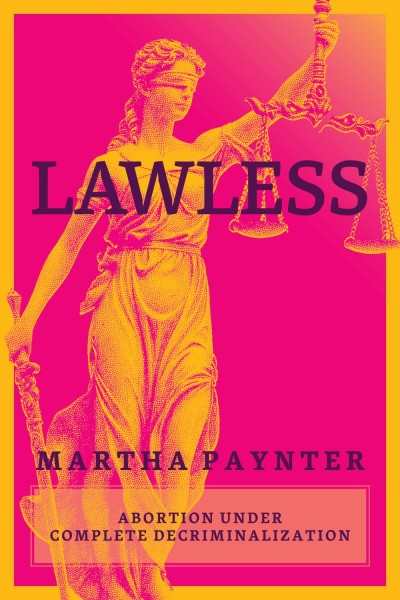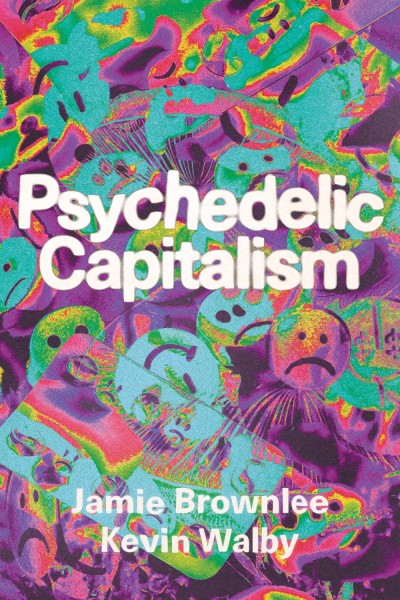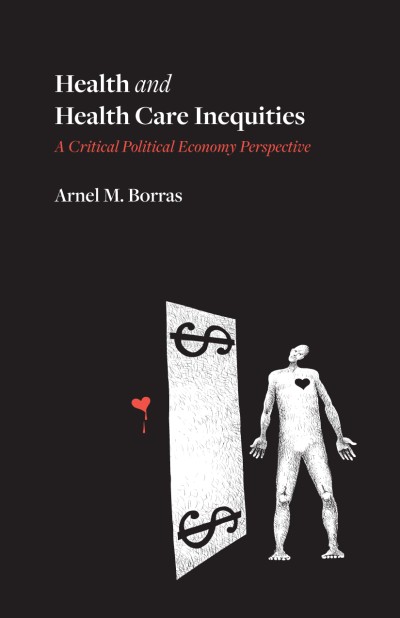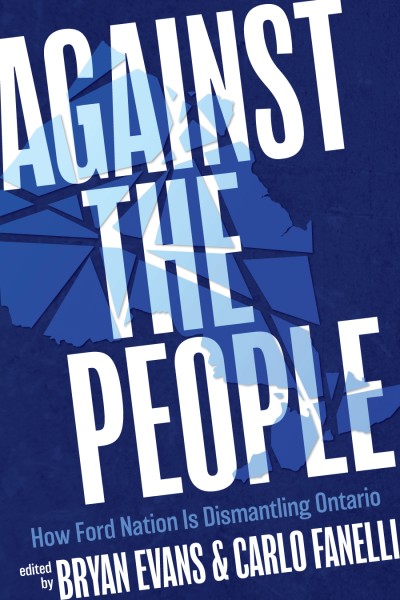
Taxing Illusions
Taxation, Democracy and Embedded Political Theory
For several years now, the business community, politicians, the media and many academics have been actively pro-moting tax cuts as the key to successful economic development. Governments everywhere, regardless of party label, have responded with policies of tax reduction. But taxation is about more than raising revenue or shaping economic activity. Taxation helps define the nature of a political community and the values of a political culture. Through examining two Saskatchewan tax reports, one from the early 1960s and the other from the late 1990s, this study uses political theory to demonstrate how different assumptions about taxation policy reflect and shape different conceptions of democracy and citizenship. It asks us to consider seriously how our policy choices can influence what kind of individuals we are and how we should live our lives together.
About the book
For several years now, the business community, politicians, the media and many academics have been actively pro-moting tax cuts as the key to successful economic development. Governments everywhere, regardless of party label, have responded with policies of tax reduction. But taxation is about more than raising revenue or shaping economic activity. Taxation helps define the nature of a political community and the values of a political culture. Through examining two Saskatchewan tax reports, one from the early 1960s and the other from the late 1990s, this study uses political theory to demonstrate how different assumptions about taxation policy reflect and shape different conceptions of democracy and citizenship. It asks us to consider seriously how our policy choices can influence what kind of individuals we are and how we should live our lives together.


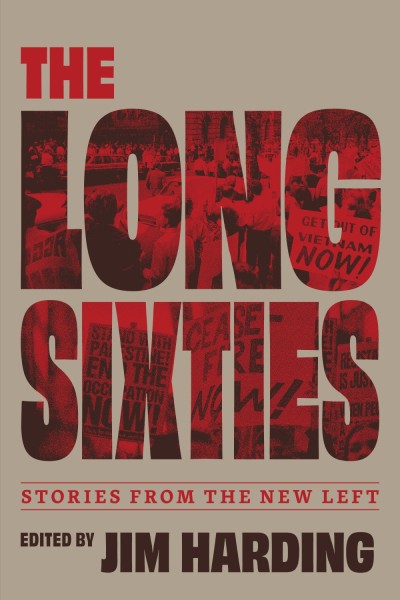
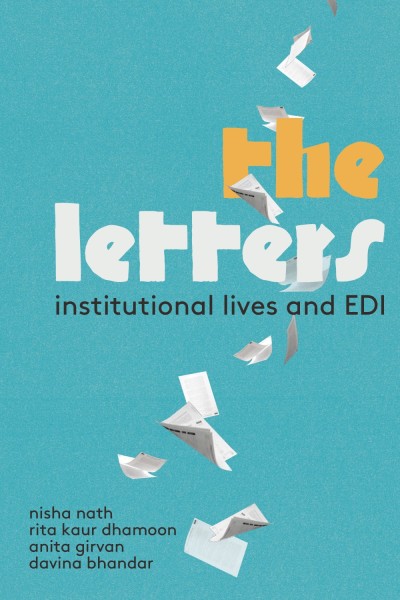
_cover-FINAL_400_600_90_s.jpg)
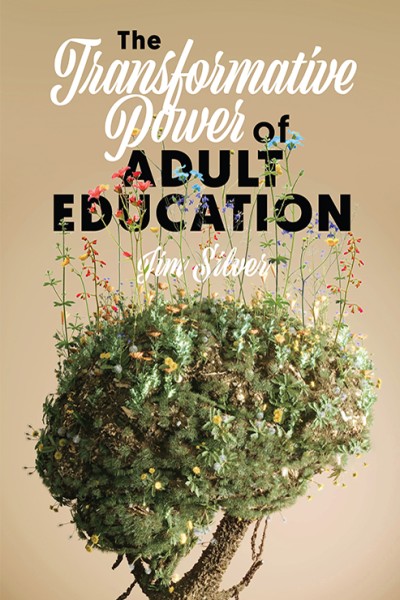

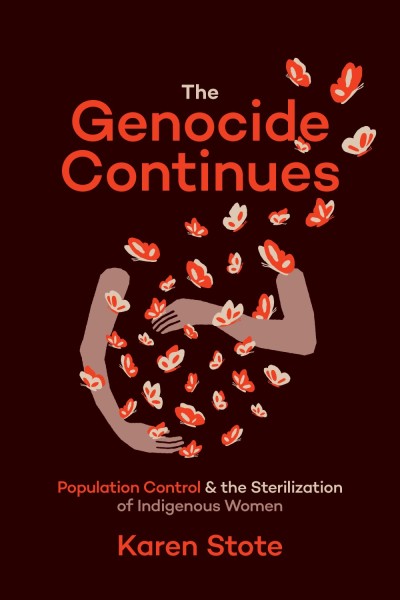
_cover-FINAL_400_600_90_s.jpg)
